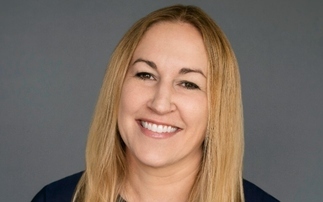PR director Paul Thomas explains why all green communication strategies need to act global
In this digitally connected world, all external communications are global. The internet has made it impossible for PR professionals to divide up media campaigns by country or continent. Today, international...
To continue reading this article...
Join BusinessGreen
In just a few clicks you can start your free BusinessGreen Lite membership for 12 months, providing you access to:
- Three complimentary articles per month covering the latest real-time news, analysis, and opinion from Europe’s leading source of information on the Green economy and business
- Receive important and breaking news stories via our daily news alert
- Our weekly newsletter with the best of the week’s green business news and analysis






